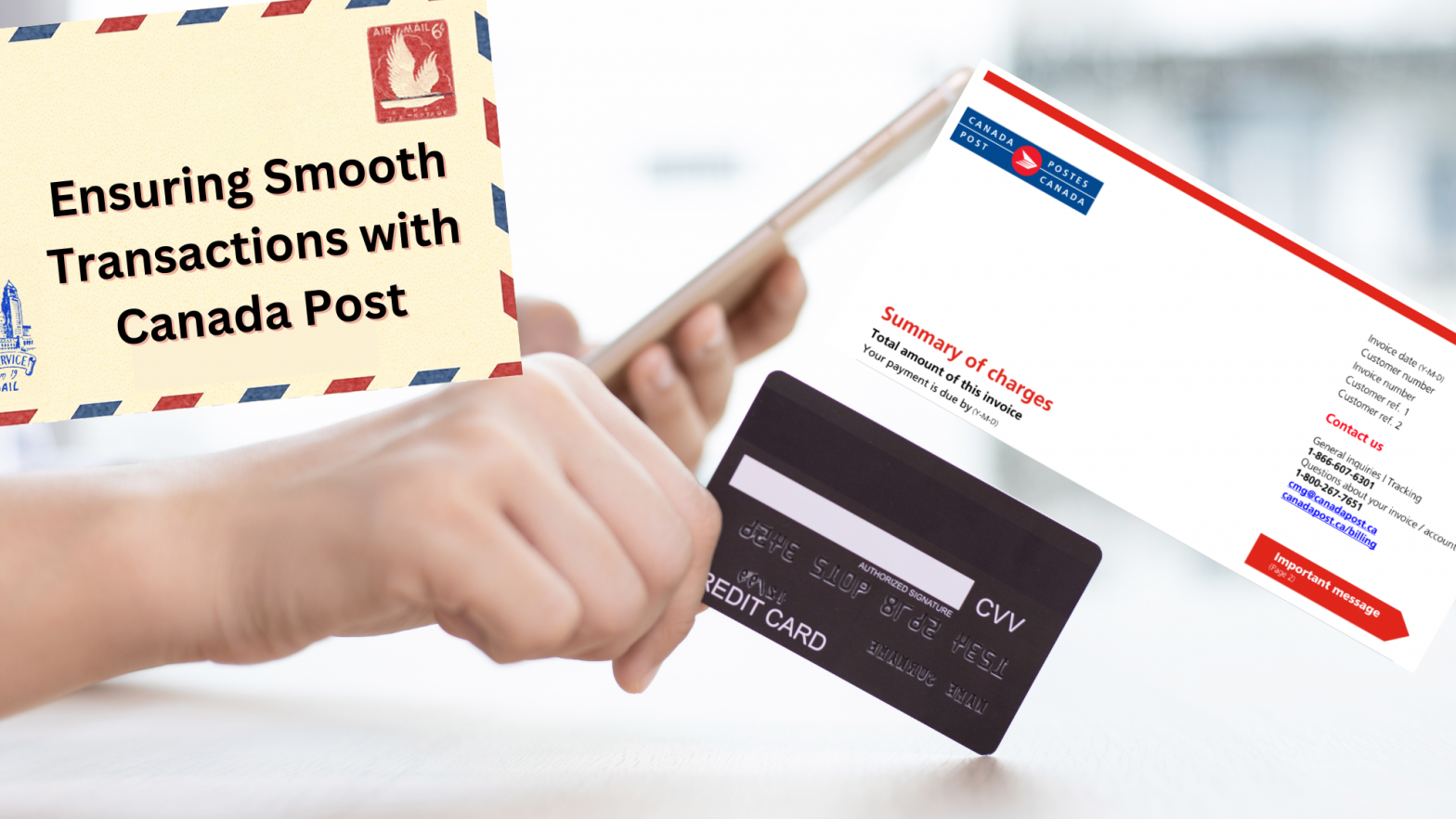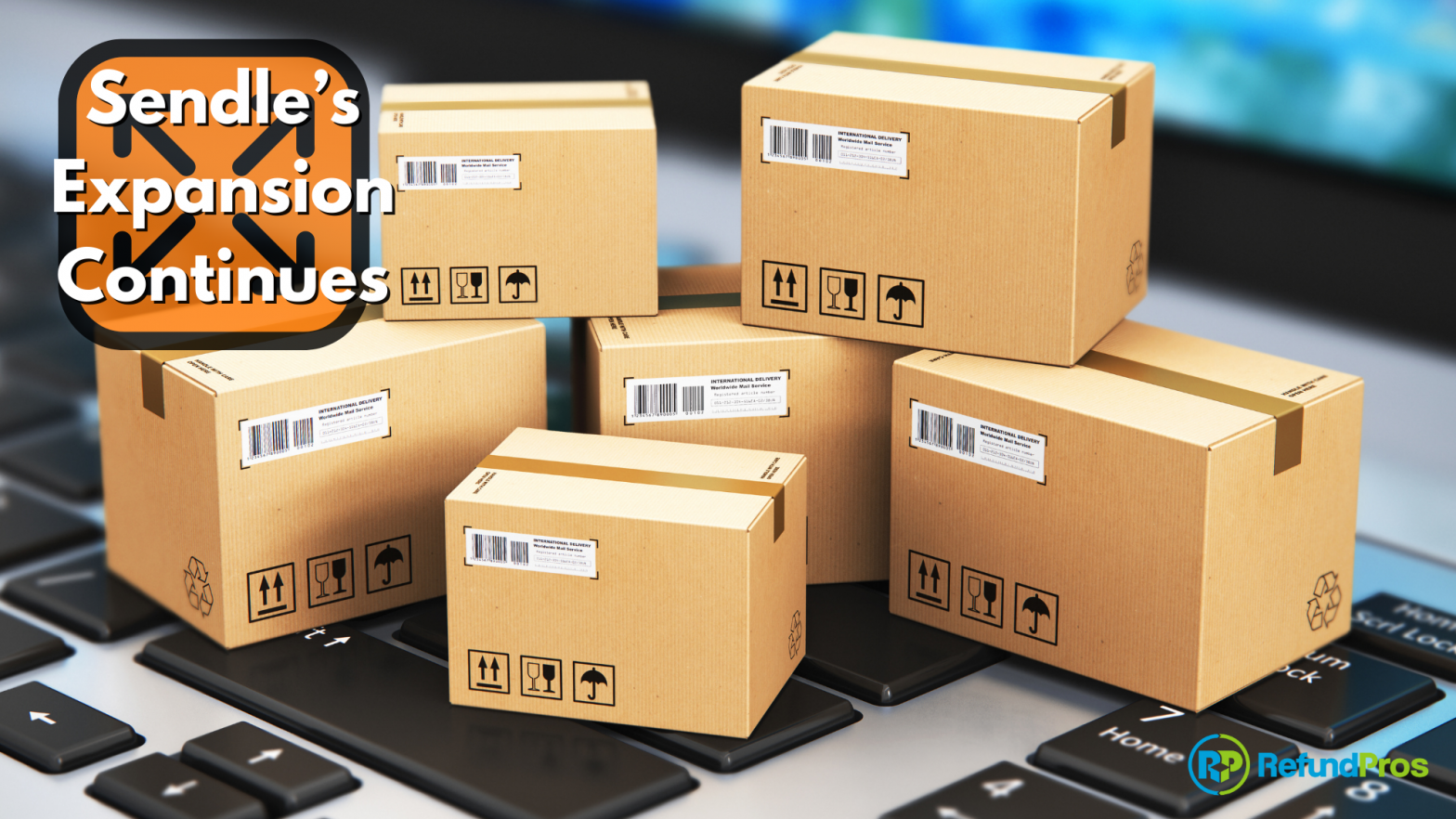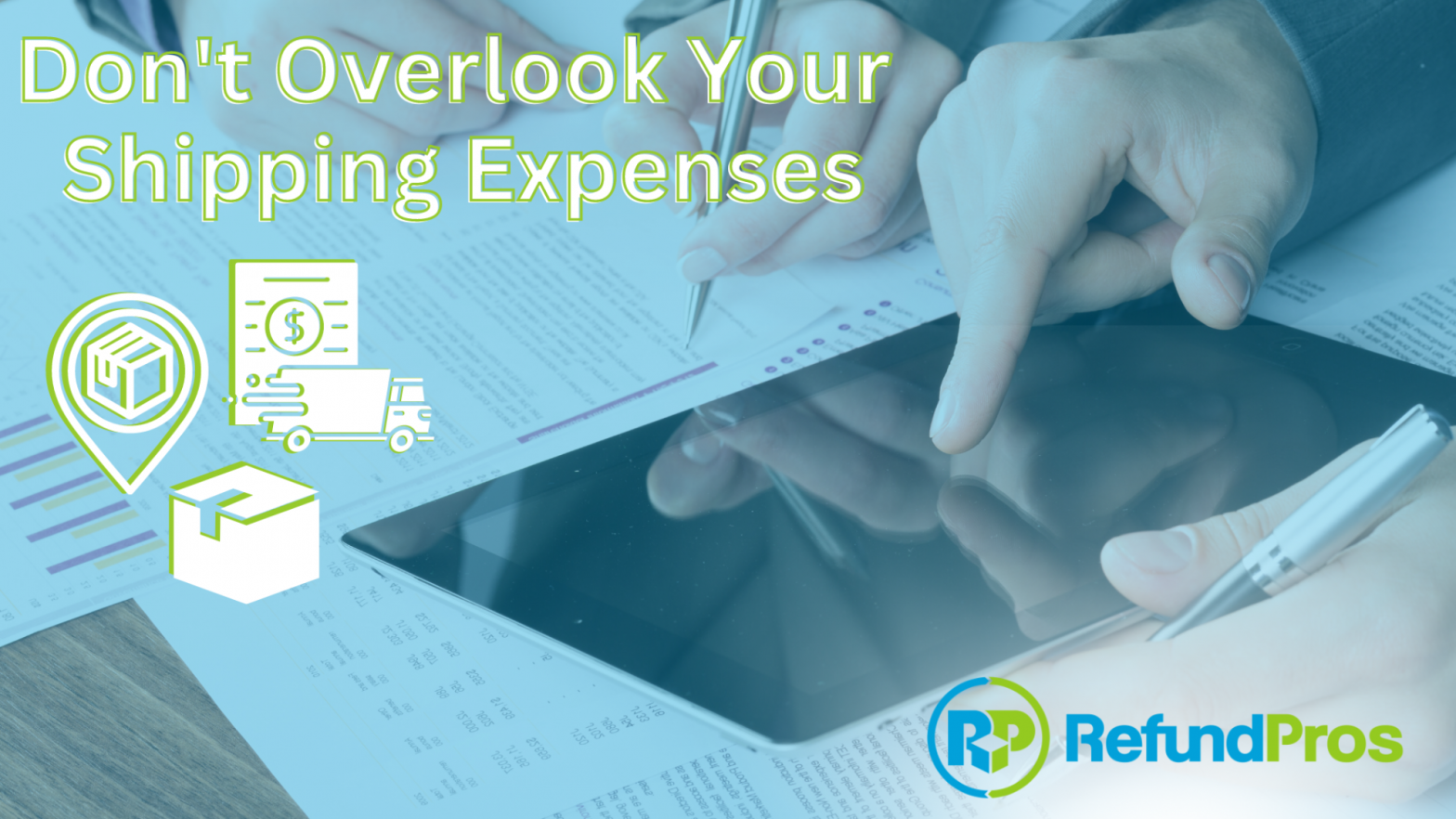In recent years, the popularity of e-commerce has surged dramatically, revolutionizing the way people shop. Online platforms provide convenience, an extensive range of products, and doorstep delivery. However, according to German research firm Koerber, a growing number of e-commerce shoppers (an average of 70%) have reported experiencing delays in their deliveries without any valid justification. These delays range from a few days to weeks, causing significant inconveniences to customers who had anticipated prompt delivery.
The rise of e-commerce has not only transformed the way consumers shop but has also presented significant challenges for manufacturers, retailers, and third-party logistics providers. With increased consumer expectations and demands, e-commerce consumers are exerting pressure on the entire supply chain ecosystem.
Reasons Behind Late Deliveries
Despite customers receiving no apparent reasons on why their parcels are being delivered late, there are several factors contributing to the prevalence of late deliveries. Some of the most common causes include:
- Inadequate inventory management: Retailers often fail to accurately track inventory, leading to orders being placed for products that are out of stock. This results in delays as customers wait for the items to be restocked.
- Poor logistics and transportation management: Inefficient logistics and transportation systems can disrupt the smooth flow of goods from warehouses to customers. Delays can occur due to issues such as traffic congestion, inadequate delivery personnel, or miscommunication between logistics partners.
- Overwhelmed order fulfillment: During peak seasons, such as holidays or promotional events, e-commerce platforms may struggle to handle the surge in orders, leading to delays in processing and shipping.
- Inaccurate delivery estimates: Online retailers sometimes provide unrealistic or misleading delivery estimates, leading to false expectations among customers. When the actual delivery time exceeds the estimated timeframe, customers feel frustrated and deceived.
Consequences for Customers and the E-commerce Industry
The negative impact of late deliveries without valid excuses extends beyond customer inconvenience. It affects both consumers and the e-commerce industry at large:
Customer dissatisfaction and erosion of trust: Late deliveries lead to dissatisfaction among customers who depend on e-commerce for their shopping needs. This dissatisfaction can translate into a loss of trust in the specific retailer, discouraging future purchases and potentially tarnishing the overall reputation of the e-commerce industry.
Financial loss for customers: Late deliveries can cause financial losses for customers who rely on timely shipments for special events or time-sensitive occasions. These delays may force customers to seek alternative purchases at higher prices or incur additional expenses to rectify the situation.
Reputational damage for retailers: E-commerce platforms that consistently fail to deliver orders on time risk damaging their reputation. Negative reviews and word-of-mouth experiences can deter potential customers from making purchases, impacting the retailer’s bottom line.
Addressing the issue
If you’re an e-commerce retailer, you must prioritize customer satisfaction and take proactive steps to ensure timely order fulfillment:
- User-friendly and intuitive interfaces: E-commerce consumers expect seamless and intuitive online shopping experiences. Invest in user interface design, website optimization, and mobile-friendly platforms to provide a hassle-free shopping experience.
- Efficient inventory management: To avoid stockouts and late deliveries, implement robust inventory management systems. Real-time visibility of stock Conlevels, accurate product descriptions, and timely updates on product availability are crucial for meeting consumer demands.
- Reliable and timely fulfillment: With the rise of same-day and next-day deliveries, retailers need to enhance their fulfillment capabilities. This may involve establishing or partnering with efficient distribution centers and last-mile delivery services to ensure timely order processing and delivery.
- Personalized marketing and recommendations: Consumers expect personalized marketing and product recommendations. Retailers must leverage customer data and analytics to provide tailored promotions, recommendations, and targeted advertisements to enhance the shopping experience.
Finally, consider hiring an audit expert to claim late shipment refunds. If you’re investing big money trying to enhance your customer’s satisfaction, then you should be going after your parcel delivery carriers and claim any eligible refunds. Companies like RefundPros can do this for you, and recover up to 20% of your shipping expenses!






